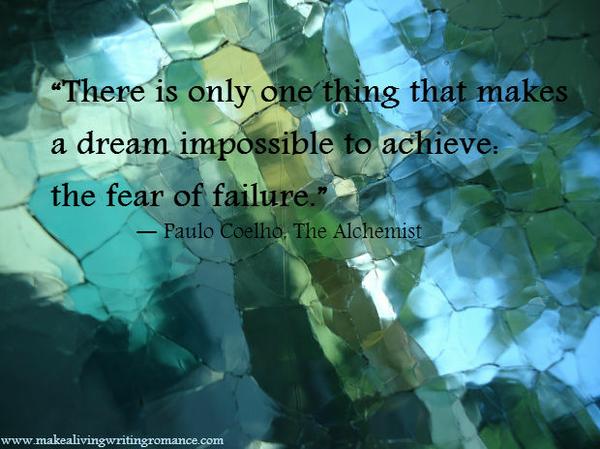|
What do you do when you get writer’s block? It happens and writer’s block looks different for different people. Writer’s block can actually be experienced differently depending on the cause. For example, if you’re burned out writer’s block can feel almost like ambivalence. You may stop caring about what your characters are going to do next.
If your imagination has taken a vacation then you might stare at the blank computer screen and have no idea what should happen in the next scene. In Monday’s post we talked about what causes writer’s block and I made the statement that you couldn’t resolve it if you didn’t know what the cause was. You can check out that post here.
Once you know what’s causing your writer’s block you can then manage it. Here are some tools to consider when you’re experiencing writer’s block.
Let’s start with tools for when your imagination is on vacation.
Write Longhand
If your imagination isn’t cooperating try grabbing a pen or pencil and a notebook. Sometimes the words flow differently when you write longhand versus typing on the computer. IF that still doesn’t work, change locations. Try writing at the coffee shop, your backyard, or in your car parked somewhere safe.
Try a Mind Map
Brainstorming the possibilities can be fun. Grab a large piece of paper and a pencil and start brainstorming. Play the “What if” game. What if your heroine falls down the stairs? What if your hero accidentally pushes her? What if your heroine rescues a dog? What if your hero is that dog? Just allow your imagination to function in a different way and have fun with it.
Feed Your Imagination
Try engaging in a different creative outlet. You might paint or draw (who cares if it’s not any good). You might redesign your living room or go outside and take some photos.
What About When Your Block is Caused by Fear?
Journal
Write for yourself for a little while and set the publishing goals, dreams and fears aside. Just write for yourself.
Affirmations
Affirmations are positive statements that help you shift your mindset. They’re short, written in first person, and they should be active and in present tense. For example, “I experience great joy when I write.”
Eric Maisel’s book, Ten Zen Seconds, offers twelve affirmations designed to help artists, and writers, achieve purpose, power and calm. Check it out.
Read
Grab a book on writing and read it. Check out The Artist’s Way by Julia Cameron, orBird by Bird by Anne Lamott for inspiration.
Writer’s block happens, but you don’t have to let it derail you. Listen to your heart, mind, and body. Pay attention to why the block is happening and then identify the solutions or tools that may help you through it. Remember, writing is a process. Some days are great. Some are a painful struggle. No one ever said that writing was easy but it is rewarding and part of who you are.
Happy writing!
Annette
|
